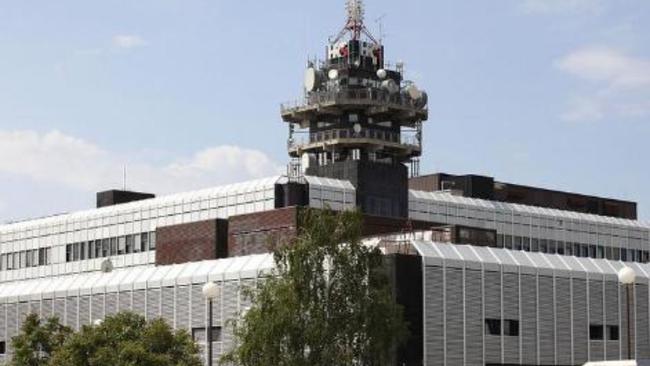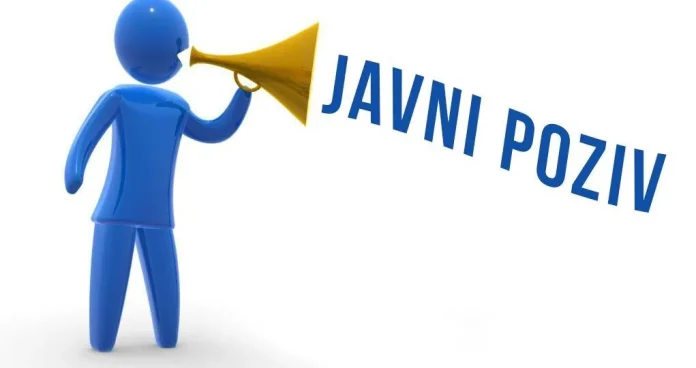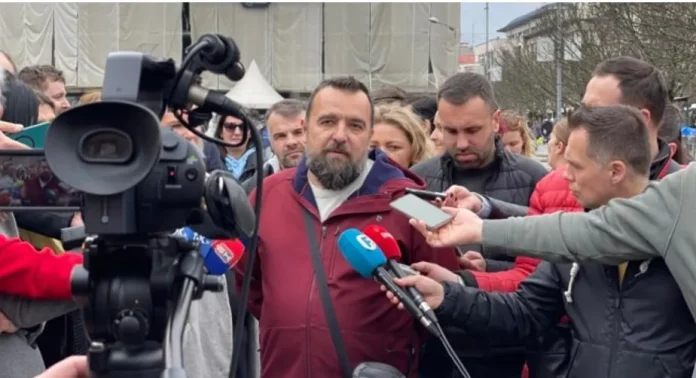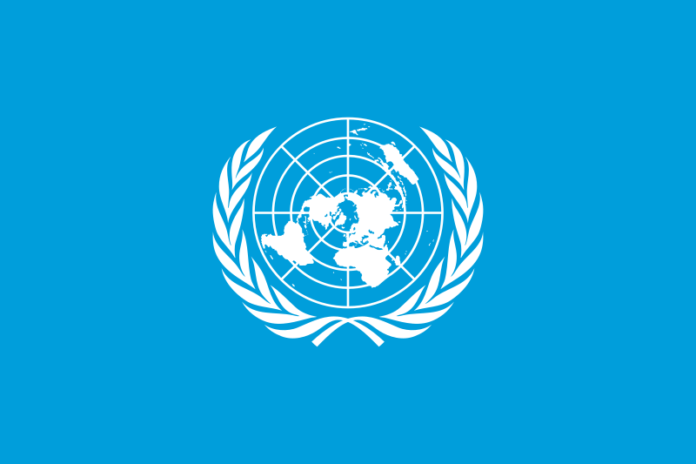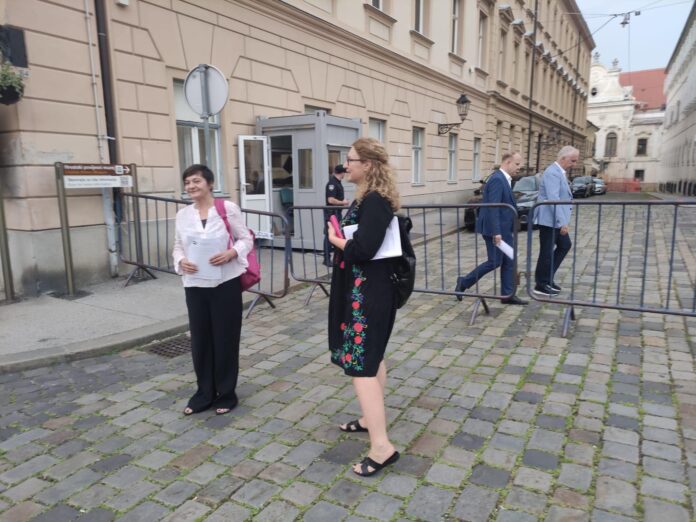Every journalist knows at least three cases that have remained “under the radar”. Colleagues have not even reported them to an editor or a professional association because they think that assaults are an integral part of journalism, they don’t believe that institutions will do anything about it, they don’t want to be perceived as victims or they don’t want to be hindered by reporting assaults and everything that follows in a regular job. These reasons are indeed (and unfortunately) very legitimate and reasonable. For journalists, name-calling, threats, intimidation and even physical attacks have become part of their everyday life and the reality they live. Cases that even reach court, let alone result in a satisfactory verdict, are rare. When you report an assault, you are exposed in public and persistently portrayed as a helpless victim. Suddenly, the texts and contributions you published, the awards you received, the changes you caused in your community, the innovations you created are no longer important. All that is put aside and you are perceived exclusively as a victim, you are given a label that is difficult to get rid of. And all this, the procedures of going to the police, communication with lawyers and international organizations, meetings with representatives of various professional associations, answering numerous journalist’s questions, daily appearances in the media… simply disrupt your life and distract you from your basic work – reporting. This ultimately puts you in a worse financial situation because less work means less money, especially if you are a freelance journalist/videographer/photographer.
In such circumstances, you are usually led by the thought that reporting an attack is the only correct decision, responsible behavior towards yourself and other colleagues, paving the way for those who will come after you, in order to get at least a partially functional system. However, there are also frequent moments when you cannot explain to yourself why you are doing it and for whose benefit. When you are so crushed, you see no end to the agony and no visible results of your struggle. Because reporting assaults in this country really is a struggle, on all possible fronts.
According to data from BH journalists and the Helpline for Journalists, which operates as part of the association, in as many as 70 percent of cases behind attacks and threats are politicians, persons in public positions in legislative and executive authorities, as well as managers in public companies.
“People close to political parties and leaders of political parties are at the forefront of online violence, who increasingly use their profiles on social networks as a means of brutally threatening journalists, repeating attacks and targeting only certain journalists. We should also add the targeting of BH journalists and leading people in the association as targets of political pressure and death threats, which occur mainly after public reactions to specific attacks on journalists and the media,” Borka Rudić from BH Journalists points out.
Therefore, they should not be surprised by the very rare, almost non-existent reactions of politicians to attacks on journalists. Thus, after the brutal hate attack in March of this year on a group of fifteen LGBTIQ activists, in which two journalists were physically injured, less than ten politicians spoke out. Some of them are Saša Magazinović, Ćamil Duraković and Vojin Mijatović. During that time, the opposition in Republika Srpska pretended that nothing was happening, probably because their comrade Draško Stanivuković heated up the atmosphere with his homophobic statements days before the attack. Support and condemnation were not even expected from the ruling coalition, especially since Milorad Dodik personally participated in the incitement of violence against the LGBTIQ community, with the assistance of the public service.
Laptop theft and car damage
And this is not an isolated example of non-reaction. A few days ago, in Sarajevo, someone broke into the apartment of the editors and journalists of the online magazine Žurnal, Eldin Karić and Žana Karić Gauk. On the day when their media was celebrating 14 years of work and when they were awarding a journalism award to colleagues from other newsrooms, someone entered their home and stole their computers. He did not touch other valuables. They see it as a message from the system, which is trying to intimidate them. Support came from the journalistic community, both in BiH and the region. They received physical protection from Internews and USAID, not institutions.
“The leaders of the city and municipality where we live ignored the case, as did other politicians at other levels of government. The only ones who spoke on this occasion were the Minister of Transport and Communications Edin Forto and the Deputy Minister of Human Rights Duška Jurišić”, says Žana Karić Gauk.
She points out that this attack did not scare them, because they have been working under pressure for years. The entire editorial office of the Žurnal is constantly threatened.
“This is a step further in intimidation and sending a message to all journalists that they are not safe anywhere, if they do their job as the profession dictates. However, the Žurnal’s mission will remain the same – an uncompromising fight against crime and corruption in a country captured by armchair robbers,” she emphasizes.
Sometimes the attack itself isn’t the worst part, it’s what follows – trying to get back to your normal lifestyle, regardless of what happened. At the beginning of March of this year, in Banja Luka, a man scratched the cars of the Buka portal, the editor of the Buka portal, Aleksandar Trifunović, and the EuroBlic journalist, Nikola Morača. The damage to three cars is measured in thousands of convertible marks. The perpetrator is a neighbor of Trifunović and Morača, whom they meet almost every day.
During his 25-year career, Aleksandar Trifunović was the target of a large number of attacks, threats, demands, pressures. After the attack on his property, he publicly stated several times that it was the most serious attack so far, because it also included his family. After that, the issue of security became his daily routine.
“The state of permanent threat, no matter how hard you try to prevent it from happening, leads you into anxious and paranoid states. Assumptions about what can happen to you are reinforced by name-calling by the highest authorities, who call you names, as in my case Milorad Dodik, and target you in a way that offers anyone who wants to harm you that possibility on a platter, without payment. Therefore, the system does not hide that it is not interested in protecting you,” Trifunović points out.
After the system fails to prevent attacks, but also to adequately punish the perpetrators and protect the victim, a very logical question arises whether one should wait for such a system or protect oneself in whatever way possible
“And then you come to that tragic feeling of loneliness and vulnerability where every option of self-defense, which would otherwise be threatened, is allowed. An unhealthy and violent environment simply does not contribute to Gandhi’s views on exercising one’s rights and freedoms, and on the other hand, I have the feeling that this society would applaud if something happened to me, just as individuals on the networks publicly rejoice whenever there was an attack on me,” Aleksandar Trifunović says.
Increase in violence against journalists
For almost two decades, there has been a helpline for journalists in BiH, which maintains a database on attacks and threats to journalists, violations of their rights and media freedoms. In the first 15 years, between 45 and 65 cases per year were recorded, with an additional 200-250 different requests and calls from the media and journalists for legal advice, consultation and/or other types of professional support. Over the past five years, the number of reported attacks, open death threats, hate speech, and gender-based violence against female journalists has increased, especially in the online sphere. From 2019 to today, the helpline recorded 340 attacks on journalists.
“The largest number of violations of journalists’ rights refers to threats, political pressure, death threats, online violence against female journalists, hate speech, defamation lawsuits, mobbing within media newsrooms, etc. Fifty-three percent of registered cases are against female journalists with strongly expressed elements of gender-based violence, misogyny, as well as discrimination and insults on a sexual basis. Since 2019, we have been running a special database of attacks on female journalists and we have recorded 110 cases of attacks, threats and insults related to female journalists”, says Borka Rudić from BH journalists.
An analysis conducted at the beginning of this year showed that political and institutional violence against journalists and the media increased by 40 percent, while the number of death threats, hate speech and incitement increased by as much as 137 percent.
“We are very concerned about the high level of impunity for attacks and threats, especially those that have an element of criminal acts. In 2021, only 11 cases were resolved in favor of journalists before judicial institutions and two ministries at the state level. In 2022, that number was even lower – nine cases in favor of journalists. This year, we have solved eight cases so far, of which three were before judicial institutions, and the rest were solved with the involvement of FMHL and its lawyers”, says Borka Rudić.
The helpline for journalists offers free legal aid, which means paying the costs of lawyers who represent attacked journalists. Journalists in some cases receive compensation at the end of the court process, which has happened so far in the processes of illegal appointments in the public media and several cases of defamation, then for threats on the YouTube channel and on Facebook. However, the amounts are not so large that they have an educational character for the perpetrator, so it is therefore difficult to talk about preventing future cases.
“That is why BH journalists insist that the criminal legislation be changed and that journalists be introduced into the laws as persons who do work of public interest and whose safety should be protected by official duty. The initiative was adopted in the BiH Parliament in 2022, I hope that the Ministry of Justice will get involved in a more efficient way and make proposals. BH journalists have written amendments for all levels of legislative power – we can immediately hand them over to the competent authorities. Because, a few years ago, the efficiency of the judiciary was only 33 percent in terms of dealing with attacks and threats against journalists; last year, that percentage was even lower – 25.4 percent,” notes Borka Rudić.
The move is visible in the recommendation of the High Judicial and Prosecutorial Council from May this year, that all prosecution offices in the country appoint press-prosecutors, persons for contact with journalists and the media. So far, press prosecutors have been appointed by the prosecution offices in Herzegovina-Neretva, Una-Sana and Sarajevo Cantons, as well as the Prosecutor’s Office of Bosnia and Herzegovina. In addition to appointments, in some prosecutor’s offices the decisions also contain provisions on conducting investigations into attacks on journalists and the media ex officio and creating a database on attacks and security risks for media professionals.
BH journalists point out that they have been cooperating with the press prosecutor from Sarajevo for more than a year, and that they expect positive results in a large number of completed investigations related to threats and attacks on journalists, especially in the online sphere, which should result in indictments . At the moment, they have no information about the reaction of the prosecution offices in Republika Srpska, which should also comply with the recommendation of the HJPC and appoint press-prosecutors.
Source: analiziraj.ba


